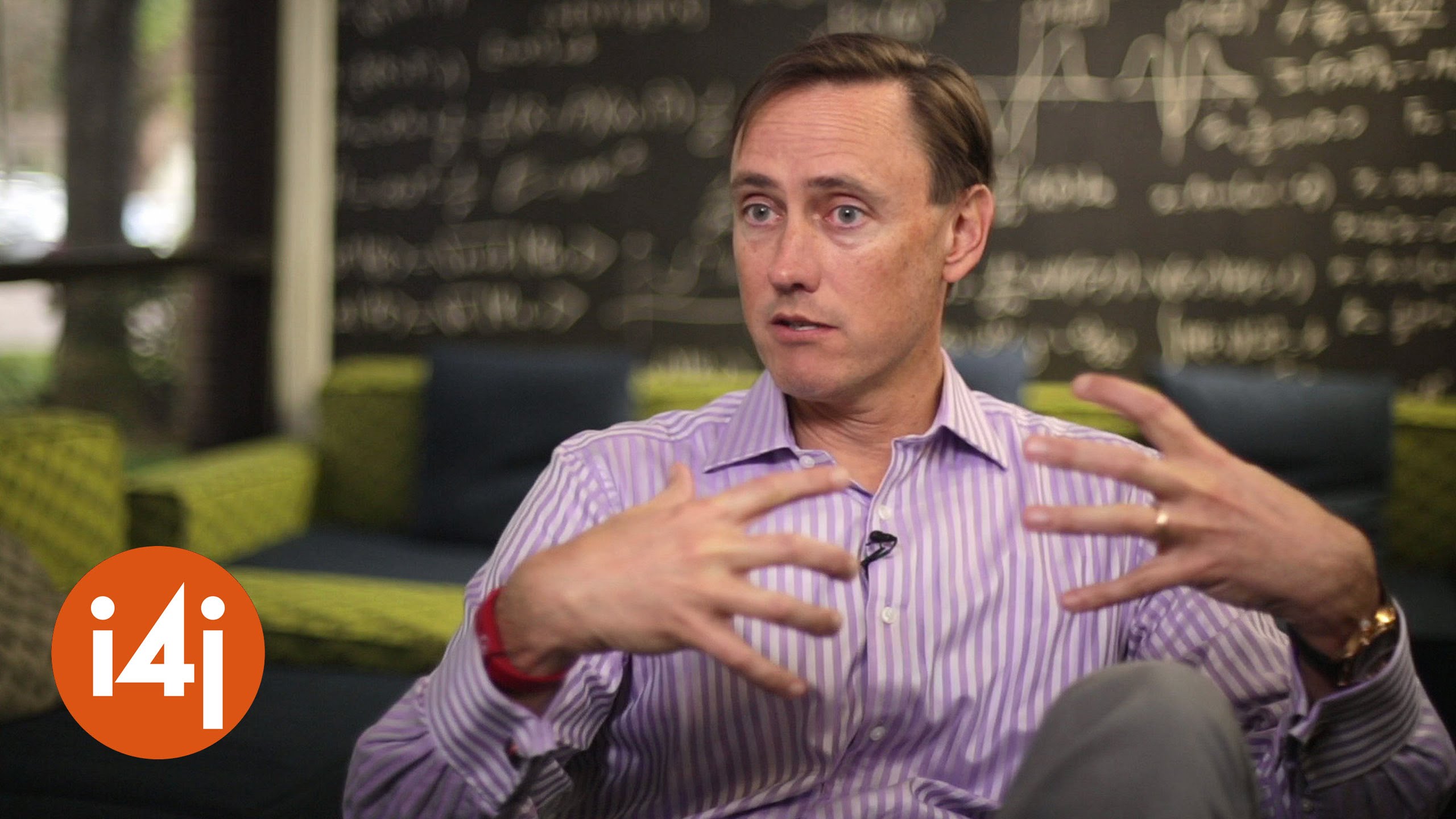Nov 4, 2015
Robot spiders could build giant webs in space
Posted by Andreas Matt in categories: robotics/AI, space
The SpiderFab manufacturing system would build huge structures in space using arachnid-like robots.
The SpiderFab manufacturing system would build huge structures in space using arachnid-like robots.

In Therefore I Am, the McCoubrey brothers create a compelling time travel mystery in just six minutes. It leaves you with questions, BUT in a good way.
Therefore I Am tracks a conversation a man has with future versions of himself, each one arriving slightly earlier than the last, each one with slightly different instructions for how to get to that point. You can even trace the loops—each one leads to the next. And yet, not a single one seems to have successfully avoided the event they’re trying to stop.
Continue reading “In This Trippy Short Film, a Man Meets Every Possible Future Version of Himself” »

In; The Future of Work: Less than 10% of People Have Jobs’ I have shared some articles and interviews where Steve talks about what may be a very real future of work.
Five hundred years from now, says venture capitalist Steve Jurvetson, less than 10 percent of people on the planet will be doing paid work. And next year?
Continue reading “The Future of Work: Less than 10% of People Have Jobs” »
We have plenty of chemicals that can kill cancer cells, but they often hit healthy ones too. The search has therefore been on for a targeted approach, that delivers a fatal payload to tumours without harming surrounding tissue.
The human brain is a fragile and powerful tool, and is also fully dependent on a sturdy skull to keep it secure and intact. Unfortunately for some, there is a need for cranial reconstruction on people who were either born with a skull-related deficiency or critically injured in the head area. 3D printing has shown itself to be a potential game-changer in this regard; we have already witnessed successful titanium mesh skull replacements for one Chinese farmer and even a three-year-old girl born with congenital hydrocephalus. Now, researchers out of Western Australia are developing a new advanced 3D printing method that involves reconstructing the human skull from stem cell cultures.
The project, which is taking place within the Royal Perth Hospital and is being funded by the State Government, will provide their patients with damaged or surgically removed skull fragments with a high-quality cranial reconstruction surgery. The 3D printed stem cell-based skull replacement can potentially increase the success rate and the post-surgical quality of life of patients who require this intensive surgery.
In an article published on her blog Sabine Hossenfelder suggests, not altogether tongue in cheek, that the results of a recent experiment by Jeff Steinhauer about Hawking radiation (full title of the paper “Observation of Thermal Hawking Radiation and its entanglement in an analogue black hole”) might earn a ‘return visit’ to Stockholm for Hawking in order to collect a Nobel Prize. I don’t think that Steinhauer’s work, impressive as it might seem, and as well presented as it is, will lead to any return visit to Stockholm for Stephen Hawking (or at least not anytime soon…), but I do think that a much more significant development is gathering pace that will have a far reaching effect on our understanding of the universe and provide a resolution to a long standing problem in theoretical physics thats just as important if not more important than winning a Nobel Prize.
I refer to Hawking’s brief comments made on August 25th at the Swedish Royal Institute for Technology at a conference on Hawking Radiation sponsored by the Nordic Institute for Theoretical Physic s (NORDITA). Hawking’s comments were made during the course of a short (8 minute) presentation that could well end up being the most significant scientific advance made in the century since Einstein’s paper on General Relativity was published in November 1915. That’s no small claim, but one that is increasingly looking as if it has some serious merit.
This short note describes in a little more detail why I believe this to be the case.
The idea of an international “Moon village” promoted by the head of ESA has support from a U.S. government official who sees a commercial opportunity.
“After Chile’s heaviest rain in 20 years, the Atacama Desert has been transformed into a 600-mile-long bed of flowers.”
Short Bytes: Artificial Intelligence holds a special place in the future of the humanity. Many tech giants, including Facebook, have long been working on improving the AI to make lives better. Facebook has decided to reveal its milestones in Artificial Intelligence Research in the form of a progress report.
It doesn’t matter if you are scared of AI like Elon Musk or Stephen Hawking or if you have an opinion same as that of Google’s chief of Artificial Intelligence that computers are remarkably dumb. Companies are still going through the byzantine process of training the machines and creating human brain algorithms. Meanwhile, Facebook has just announced its progress report.
Facebook’s AI research team (FAIR) will present at NIPS, an Artificial Intelligence conference, its report card and reveal the team’s achievements regarding its state-of-the-art systems. Facebook has been trying to improve the image recognition and has created a system that speeds up the process by 30% using 10 times less training data from previous benchmarks.
